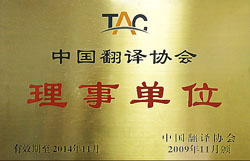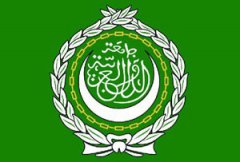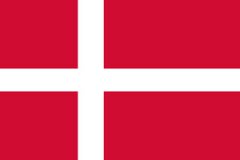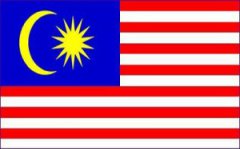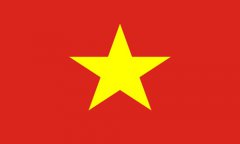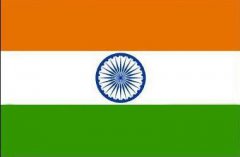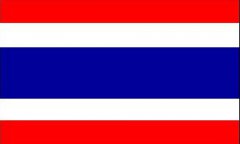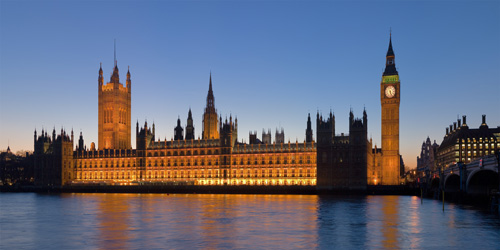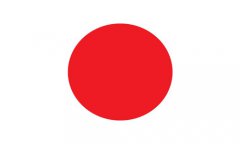S.Korea slams DPRK's delay of family reunion
South Korea denounced the unilateral delay by the Democratic People's Republic of Korea ( DPRK) of the reunion of families separated by the Korean War (1950- 53), saying it was an act against humanity.
"It is deeply regrettable that North Korea (DPRK) unilaterally delays the family reunion, which has been prepared as a sheer humanitarian event to cure the biggest pain of our people, just four days before the event," Kim Eyi Do, Seoul's Unification Ministry spokesman, told an emergency press briefing.
Seoul and Pyongyang originally planned to hold the reunion event for six days from Sept. 25 in DPRK's scenic resort of Mount Kumgang, but the DPRK said earlier that it will postpone the event "until normal atmosphere is created" for the two Koreas to be able to hold dialogue and negotiations.
The highly symbolic event would have been the first reunion in three years for families separated for decades by the Korean War. The reunion program had been suspended after DPRK's shelling of a South Korean border island in November 2010.
Kim said that Pyongyang's unilateral postponement deserved to be criticized as "an act against humanity," noting that it would never be justified by any means for the DPRK to put off the reunion for political reasons.
The spokesman said that one of South Korean participants in the reunion event died of old age two days ago and three others gave up on joining the event due to health reasons, stressing that the family reunion has been the most pressing issue to be resolved.
Earlier in the day, the DPRK's Committee for the Peaceful Reunification of Korea said in a statement carried by the official Korean Central News Agency that it will delay the scheduled reunion of separated families.
The committee also noted that the working-level dialogue to discuss the resumption of tour to Mount Kumgang will be postponed. The two Koreas were scheduled to hold such talks on Oct. 2.
The tour to Mount Kumgang, launched in 1998, was halted in 2008 when a South Korean female tourist was shot dead by a DPRK solider for venturing into an off-limit area.
Experts in Seoul said that Pyongyang may seek to link the family reunion to the dialogue on resuming the Mount Kumgang tour, saying that the DPRK believed that it can take the lead in the upcoming talks on the tour by putting off the reunion event.
Pyongyang said that Seoul had denounced the Mount Kumgang tour as "purse strings" of the DPRK, noting that the improved relations between the two sides were touted by Seoul as the result of South Korea's coherent DPRK policy and the so-called trust-building process advocated by President Park Geun-hye.
The DPRK noted that South Korea has been conducting a witch hunt "frantically" by suppressing all progressive figures in favor of reconciliation with Pyongyang as followers of the DPRK, apparently pointing to Rep. Lee Seok-ki, a South Korean lawmaker of the left-leaning Unified Progressive Party who was arrested on charges of conspiring to stage a rebellion.
Spokesman Kim said that Seoul was wondering why Pyongyang tried to link to inter-Korean relations with the anti-governmental incident, which has been probed under a legitimate process, noting that Seoul will flatly respond to Pyongyang's comments on such figures because it could mean an intervention in domestic politics.
Rep. Lee and some of his party officials were arrested on rebellion conspiracy charges. Lee became the first South Korean lawmaker to face detention on treason charges while in office.
Spokesman Kim cautioned that the DPRK's unilateral delay of the agreed-upon reunion would be an act to turn the dialogue atmosphere on the Korean Peninsula back into a confrontational mood, saying that the DPRK would gain nothing from such acts.
Kim said that Seoul was worrying about possible military provocations by the DPRK as Pyongyang talked about firm and strong responses, adding that such provocation would only cause Seoul's stern retaliation and stronger sanctions by the international community.






